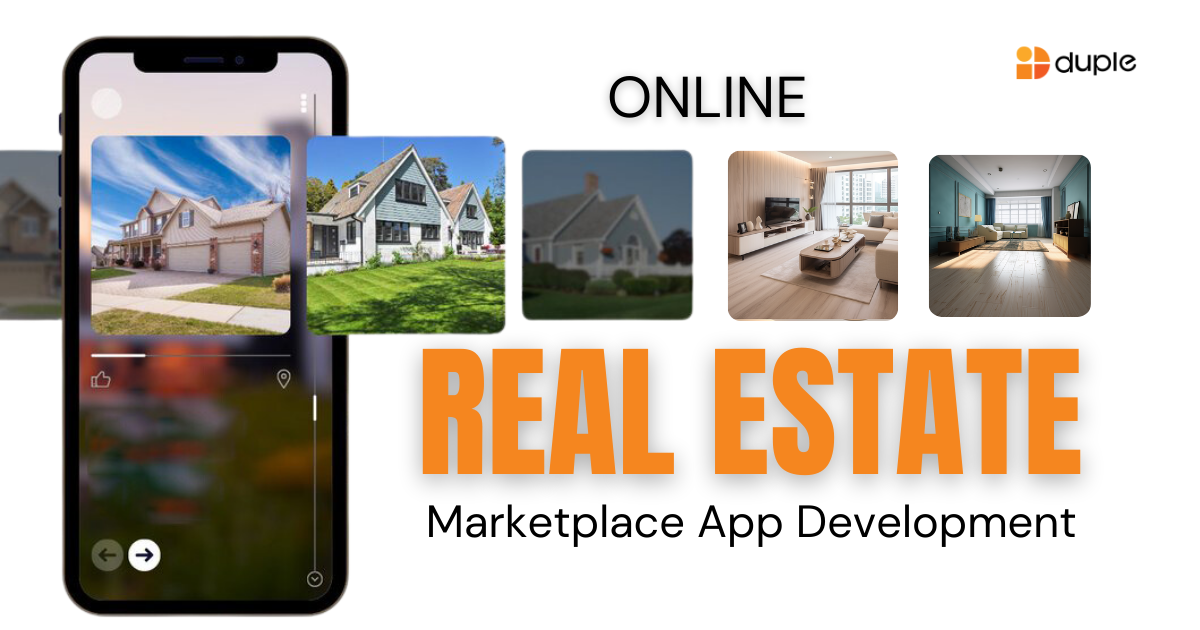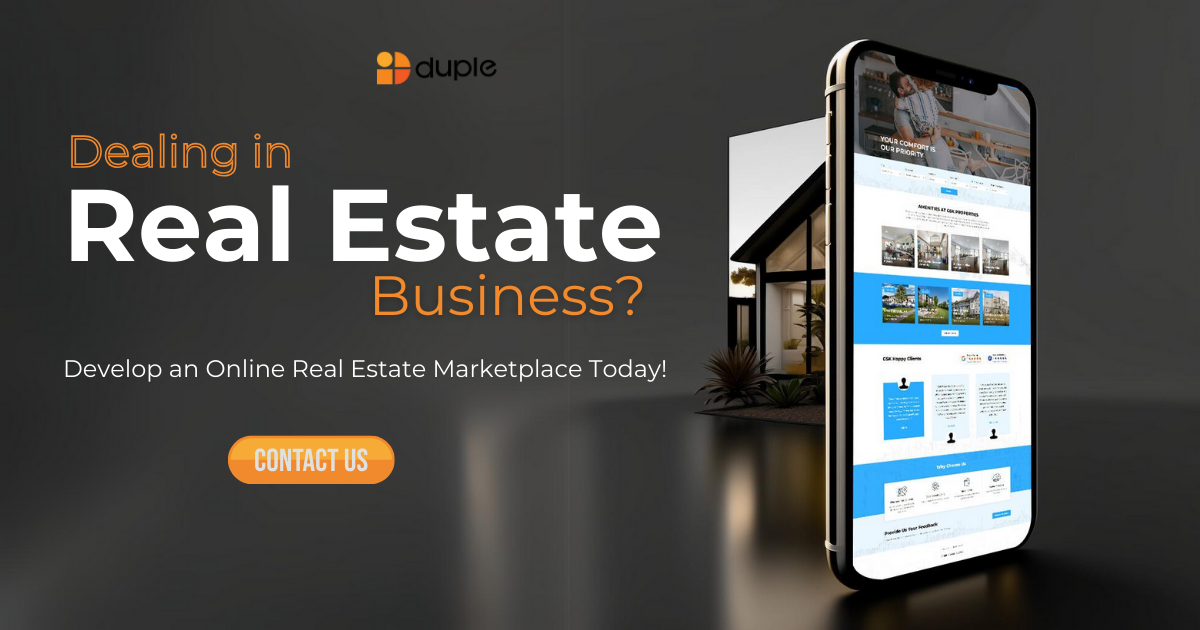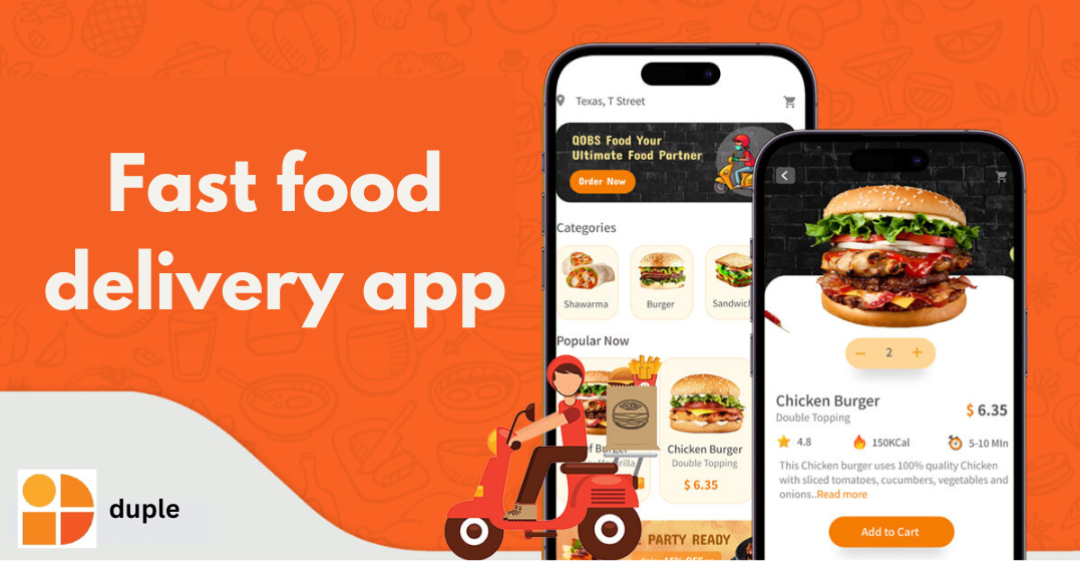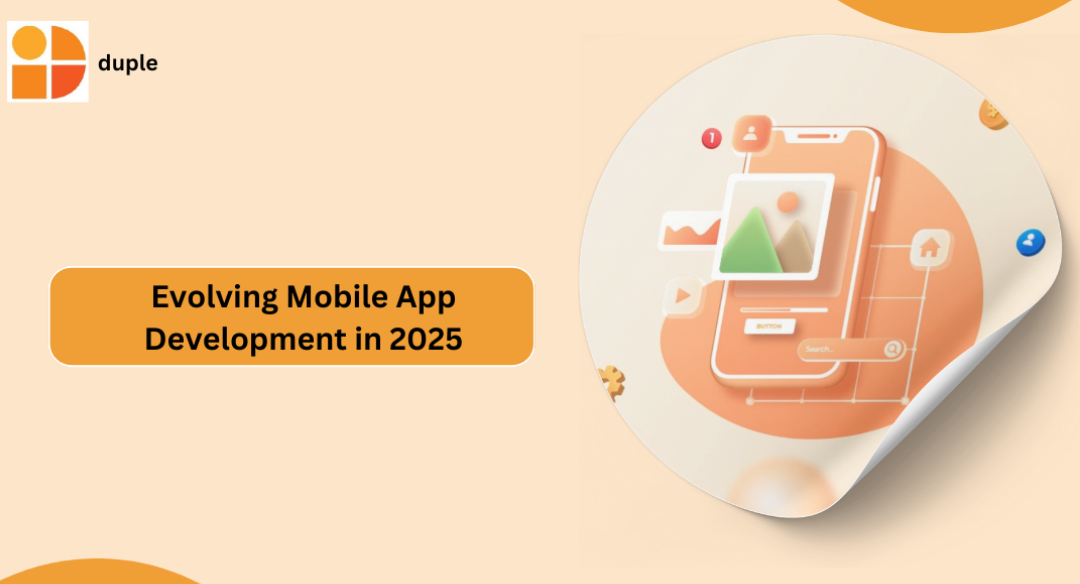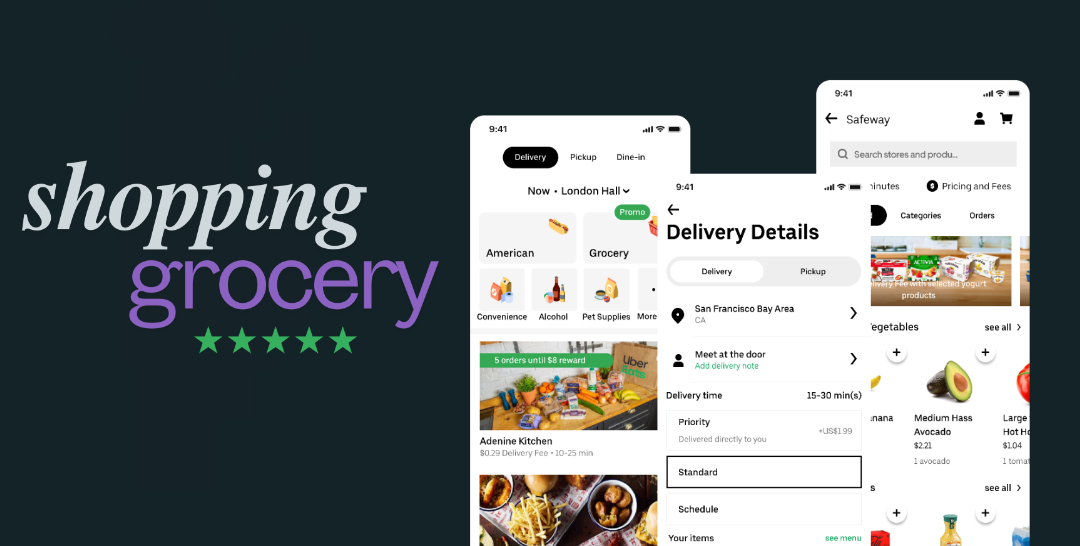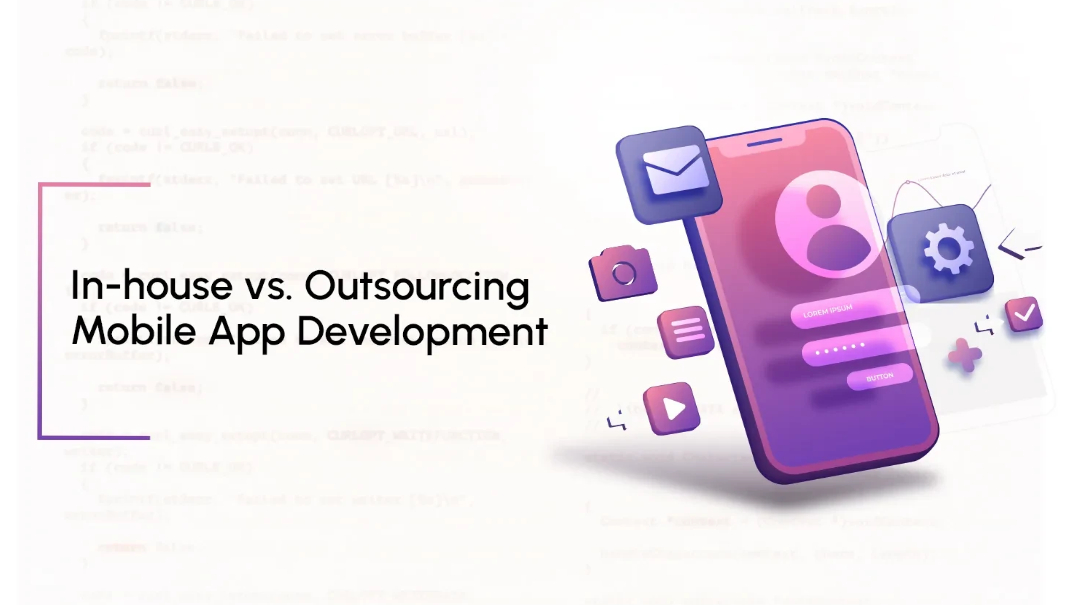Those were the days when people spent endless hours traveling or dreaming about their ideal homes. Everything has changed now, all thanks to online real estate marketplace apps. Looking for a house has never been simpler and easier.
Today, online real estate marketplaces can seamlessly handle every aspect of buying or renting a property. The demand for these apps is massive in the US, India, Australia, and other countries. Many entrepreneurs have found significant success in this virtual real estate market. “Zillow” stands out as a prime example. The best real estate app is one that users can fully utilize, boasting a sizable user base that underscores the widespread need and popularity of these apps.
Furthermore, the need for real estate app development is growing daily, as we have seen. For this reason, we’ve put together this short guide to explain how real estate mobile apps operate and what kind of profits you can expect from them. Allow me to begin by providing a brief overview of the Real Estate Mobile App before delving deeper into its business model.
What Exactly Is An Online Property Marketplace?
So, An Online REAL ESTATE MARKETPLACE is a simple app that offers services to users for the following:
- Buy/sell properties.
- Rental process for buying or selling the house
- Connect with real estate agents.
- Tools for property valuation and market analysis.
- Services for landlords, mortgage professionals, and property managers.
The real estate that works with mobile/web apps is growing day by day. If we explore the online real estate marketplace then
- 93% of home buyers from the United States search for their Home online.
- Platforms like Zillow and Trulia recorded 36M and 23M monthly visits respectively
- Revenue of Real Estate in the United States is expected to grow by $553.3 Billion by 2024
How Does a Real Estate App Work
The real estate app helps users make the right decisions about buying, selling, renting, and renting a home. To make their decision even easier, the real estate application classifies its services into three segments:
w helps users to make the right decisions regarding buying a home, selling, renting, leasing, remodeling, and financing. To make their decision even more easy Zillow categorized their services into three segments:
For Sale:
The real estate app allows users to make their property search easier by providing them with filters. Filters allow users to directly contact owners of listed properties, brokers, under construction, future properties, and foreclosure properties.
Potential Listing:
The real estate app’s listing feature allows sellers to easily create detailed property listings with specific details, visuals, and pricing. Users can efficiently search and find tailored listings, communicate seamlessly, and receive timely notifications. The favorites feature simplifies decision-making, and users can effortlessly update listings for accuracy. A user-friendly tool for both sellers and buyers in the dynamic real estate market.
The real estate listing app allows users to create, view, and manage real estate information in general. It usually works like this:
Create a Listing: Users, including sellers and agents, can create detailed property listings with information on type, location, size, amenities, and pricing for sales or rentals.
Upload Photos and Media: Users can upload high-quality photos and multimedia to showcase properties, providing potential buyers or renters effectively.
Provide Details: Users provide detailed property information, including bedrooms, bathrooms, and features, enhancing categorization and searchability.
Set Pricing and Terms: Sellers specify prices, terms, and conditions, aiding informed decisions for potential buyers or renters.
Geotagging: Real estate apps use geotagging to display properties on a map, providing users with location details relative to amenities and points of interest.
Search and Filters: Buyers/renters use search filters (location, price, type) to find listings aligning with their criteria.
Contact and Communication: The app facilitates communication between listing owners and potential buyers/renters through forms, messaging, or direct contact info.
Notifications: Users receive notifications for new listings matching their preferences, staying informed about relevant properties.
Favorites and Save Features: Users can save or mark listings as favorites for streamlined decision-making.
Updates and Edits: Owners can update listings for accurate and up-to-date information.
For Rent:
This is a list of all the houses, buildings, and apartments that are up for rent in the United States. Landlords can receive free services through the real estate mobile and web app, but renters must pay $29 to use the services.
This is the operational framework that real estate mobile and web applications follow. If you have more to say or offer, you can further divide your real estate marketplace app into categories beyond these four. After that, you can talk over your idea with our developers and market experts to get the greatest layout and design for your real estate app.
How To Generate Revenue from the Real Estate Marketplace
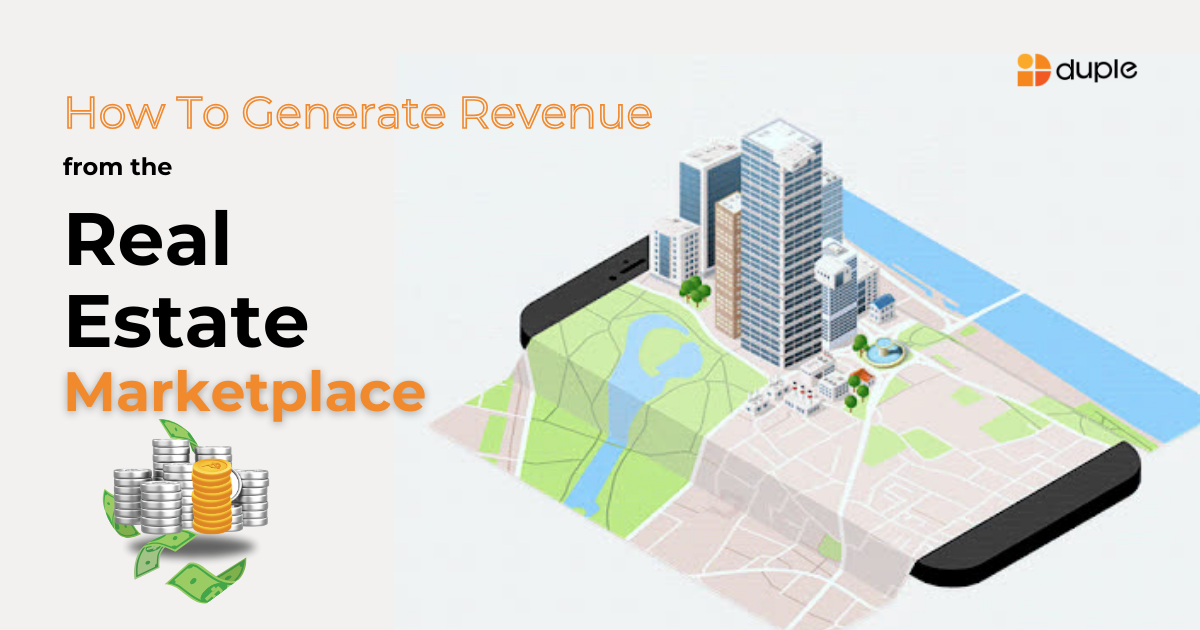
- Subscription Plans: Introduce tiered subscription plans for real estate agents, offering varying levels of visibility and listing features based on their subscription tier.
- Featured Listings: Charge fees for premium placement or enhanced visibility of property listings, allowing sellers or agents to showcase their properties more prominently.
- Transaction Fees: Implement a small transaction fee for completed property transactions facilitated through the platform, generating revenue based on successful deals.
- Advertising Space: Offer advertising spaces within the app or website for related businesses, such as mortgage providers or home improvement services, providing an additional revenue stream.
- Lead Generation Services: Charge real estate agents or professionals for access to qualified leads generated through the platform, offering a valuable service to boost their business.
- Premium Features: Introduce premium features within the app, such as advanced analytics, market insights, or specialized tools, and charge a subscription fee for access to these premium functionalities.
- Partnerships and Affiliations: Explore partnerships with real estate-related businesses, earning a commission for referrals or collaborations that benefit both parties.
- Training and Certification Programs: Offer paid training or certification programs for real estate professionals, providing an educational avenue while generating revenue for the platform.
- Customized Reports: Provide data analytics and customized reports to real estate professionals or agencies for free, helping them make informed decisions based on market trends.
Summary:-
Well, that was about how you can monetize your real estate market. If you are planning to develop a real estate mobile/web app, we believe this is the first thing you should consider in How to Grow Your Real Estate Business with an App. If you haven’t done enough market research, you can contact us for more information.

